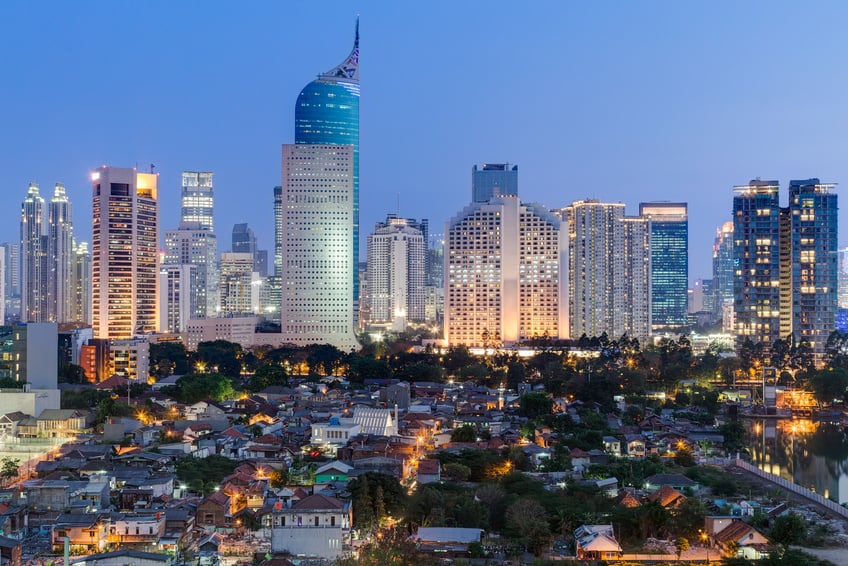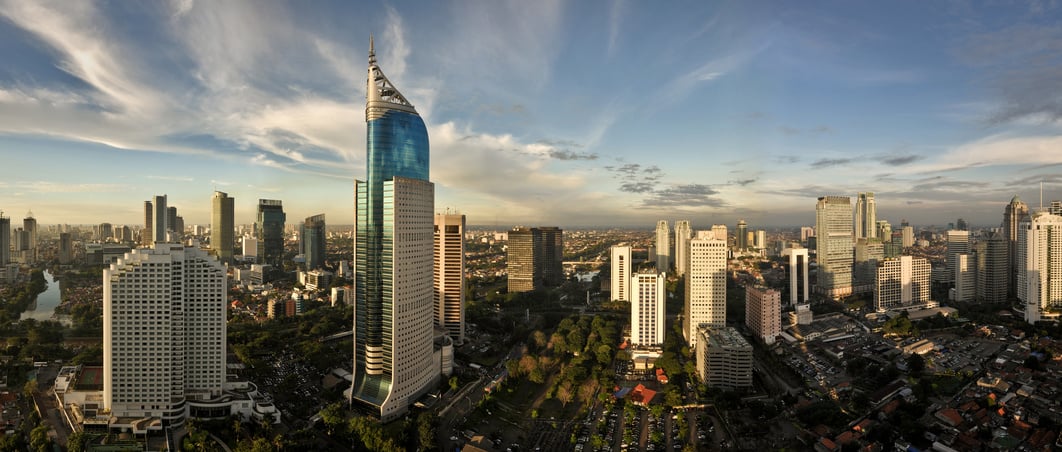The Government of Indonesia issued Government Regulation in lieu of Law No. 2 of 2022 on Job Creation on 30 December 2022 (“Job Creation GRL”). This opens the second act of the Omnibus Law following the scrutiny by the Constitutional Court of the formalities in the creation of the original Job Creation Law which was issued in 2020. Content-wise, the 1,117-page Job Creation GRL is a non-identical twin sibling of the original Job Creation Law with substantive changes on halal certification, employment, taxation, and regional government as well as some non-substantive changes in other sectors such as water resources.
Just in time for COP26 in Glasgow, the President passed the long-awaited Presidential Regulation No. 98 of 2021 on the Implementation of Carbon Economic Value for the Achievement of Nationally Determined Contribution Target and Greenhouse Gas Emission Control in National Development. Reg. 98 revokes two prior regulations relating to GHG.
The Minister of Energy and Mineral Resources has finally approved PLN’s 2021-2030 Electricity Supply Business Plan (RUPTL). This long-anticipated RUPTL marks a pivotal milestone for PLN. For the first time, the majority of power generation projects to be developed are renewable energy projects, accounting for 51.6% of 40,575 MW of power generation projects. The RUPTL also allocates a bigger share to Independent Power Producers in developing power generation projects.
Looking specifically at digitalization, we are pleased to share with you our first in a series of publications, highlighting the key points that should be considered in structuring your companies’ operations. In this publication, we will be looking at investing into, and operating, Data Centers in Indonesia.
Unlike in other jurisdictions, straightforward corporate power purchase agreements are not possible in Indonesia, as only the Indonesian state-owned power utility PT PLN (Persero) (PLN) and private power developers that have the relevant business area approval can sell electricity to end customers. As a result, there is a general perception among developers and corporates alike that it is not possible to implement corporate PPA structures in Indonesia. In fact, this is not the case, and as the Government of Indonesia makes a big push for rooftop solar schemes, we expect to see an uptick in structures that enable private developers to arrange for electricity generation to customers.
The Government of Indonesia is making a big push to encourage the development of rooftop solar PV projects, in line with the policies it began to introduce with the issuance of Minister of Energy and Mineral Resources (MEMR) Regulation No. 49 of 2018 (“Reg 49”), in order to encourage Indonesia’s solar PV industry, and its global commitments to reduce greenhouse gas emissions. The MEMR has now revoked Reg 49 and replaced it with MEMR Regulation No. 26 of 2021 on Rooftop Solar Power Plants Connected to the Electricity Grid for Public Interest License Holders (“Reg 26”). Reg 26 became effective on 20 August 2021.
This report, the fourth in our Asia Pacific Business Renewal Series, explores how businesses are now fortifying their ESG efforts and pivoting from strategy to action. As businesses integrate ESG action into business renewal, there is an imperative to mitigate risks and pre-empt regulatory and compliance complexities amid uneven recovery and progress across jurisdictional and sectoral landscapes in the region.
This report, the fourth in our Asia Pacific Business Renewal Series, explores how businesses are now fortifying their ESG efforts and pivoting from strategy to action.
Indonesia’s state-owned power utility, PT PLN (Persero) (PLN), recently issued two invitations for renewable developers who want to be included in the list of selected developers (DPT) for solar PV and bioenergy (biomass and biogas) projects. Developers that pass the prequalification process will be eligible to be invited to participate in future PLN bids for those types of IPP projects.
In brief Indonesia’s state-owned power utility, PT PLN (Persero) (PLN), recently issued two invitations for renewable developers who want to be included in the list of selected developers (DPT) for solar PV and bioenergy (biomass and biogas) projects. Developers that pass the prequalification process will be eligible to be invited…




